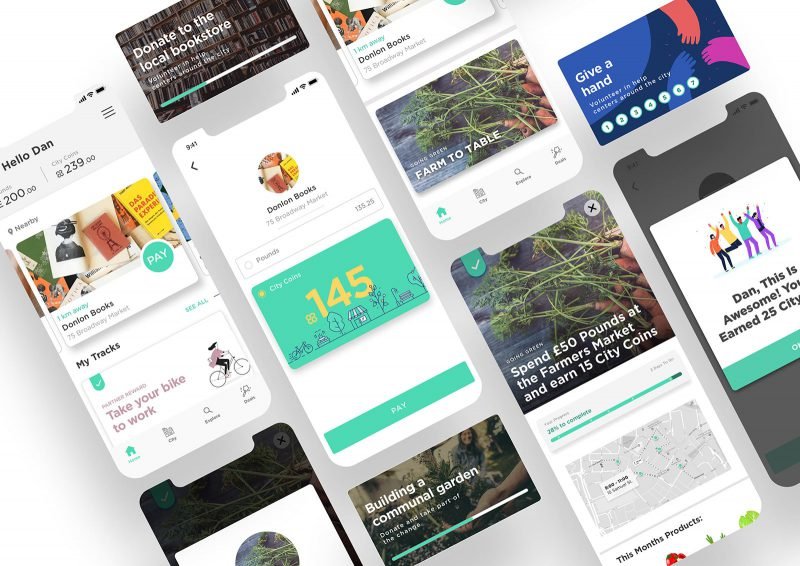Trend 1: Spotify The City
One of the most interesting developments in the last years is the shift from ownership to access. Music service Spotify is a good example of this change that will eventually turn around the economy. We don’t buy CDs any more, but a monthly Spotify subscription gives us access to all the music in the world without owning it. Exactly this focus shift is also introduced in the way cities are organized and developed. The city gets ‘spotified’.
Nomadic lifestyles allow people to live their lives free from the heavy burden of ownership. Comparable to leasing a car or a smartphone, fashion label Mud Jeans offers jeans for lease. For a monthly subscription of €5 customers get a pair of jeans to wear. When they get sick of it they simply return it and others will use it, or the factory will get it back and recycle the materials into a new pair. During the whole leasing period a free repair service is included. This enables you to be fashionable without worries.


At Drexel University’s library in Philadelphia a vending machine dispenses MacBooks to use. Why carry your laptop with yo, while it’s way easier to get one when you need one? Since the library is opened 24 hours a day, a student-government representative foresaw a potential safety problem of students walking on the streets with their laptop during night. The solution? A 24-hour machine that dispenses MacBooks with the touch of a single button.


Not only consumers get increasingly attracted by this light-weight lifestyle, but also cities see the advantages of more flexible ways to deal with their tasks, such as the city making process. The modern city doesn’t need to have everything, but pays for access to services instead. Philips, for instance, is working on plans that enable cities to lease lighting instead of buying expensive lamps. Doing so cities can use the latest technologies available, save money and the environment. Philips remains the owner of all the hardware, while the city only gets access to the service ‘light’ instead of owning street lights. With this pay-for-use model, Philips rethinks the way it offers its products and tries to break open new markets for its services. Setting up new leasing services the firm hopes to help cities with their lighting issues, and make innovative and energy saving lighting solution available for less developed cities too.


The German architect Thomas Rau does the same in his office. He doesn’t buy his lamps, but pays Philips for the access to light for the rest of his life. When the lamps break Philips fixes them and recycles the raw materials. Rau has similar leasing-oriented contracts with the carpets and furniture suppliers for his office. He pays for using these products, not for having them. The carpet and table producers remain owners of the stuff and will recycle the materials when the deal expires.


Back to the city. In Rotterdam we spotted another remarkable example of a new Spotify-like service for urban development. For a new central retail area in south of the city, a couple of huge construction companies like Strukton were asked to pitch for a 20-year revitalization of the area. Besides building and taking care of the commercial and residential properties (as usual), they are also made responsible for education, social work, community services, maintenance of public space and creating jobs in the area.

For a period over 20 years the whole urban management is leased from a company that pays the school teachers, cleans the streets, rents shop spaces to local entrepreneurs and even serves coffee in the public buildings. The city doesn’t own garbage trucks and traffic lights any more, but pays for clean and safe public space for a period of 20 years. The city doesn’t run the school, but pays for access to education for the local children.
This article is part of Pop-Up City’s Trends for 2013. Reflecting on what we’ve written in 2012 and looking into the new year, we’ve composed a new list of remarkable trends that we consider to be important for our cities in the coming time. Feel free to contact us in case you want to learn more about our reports.



